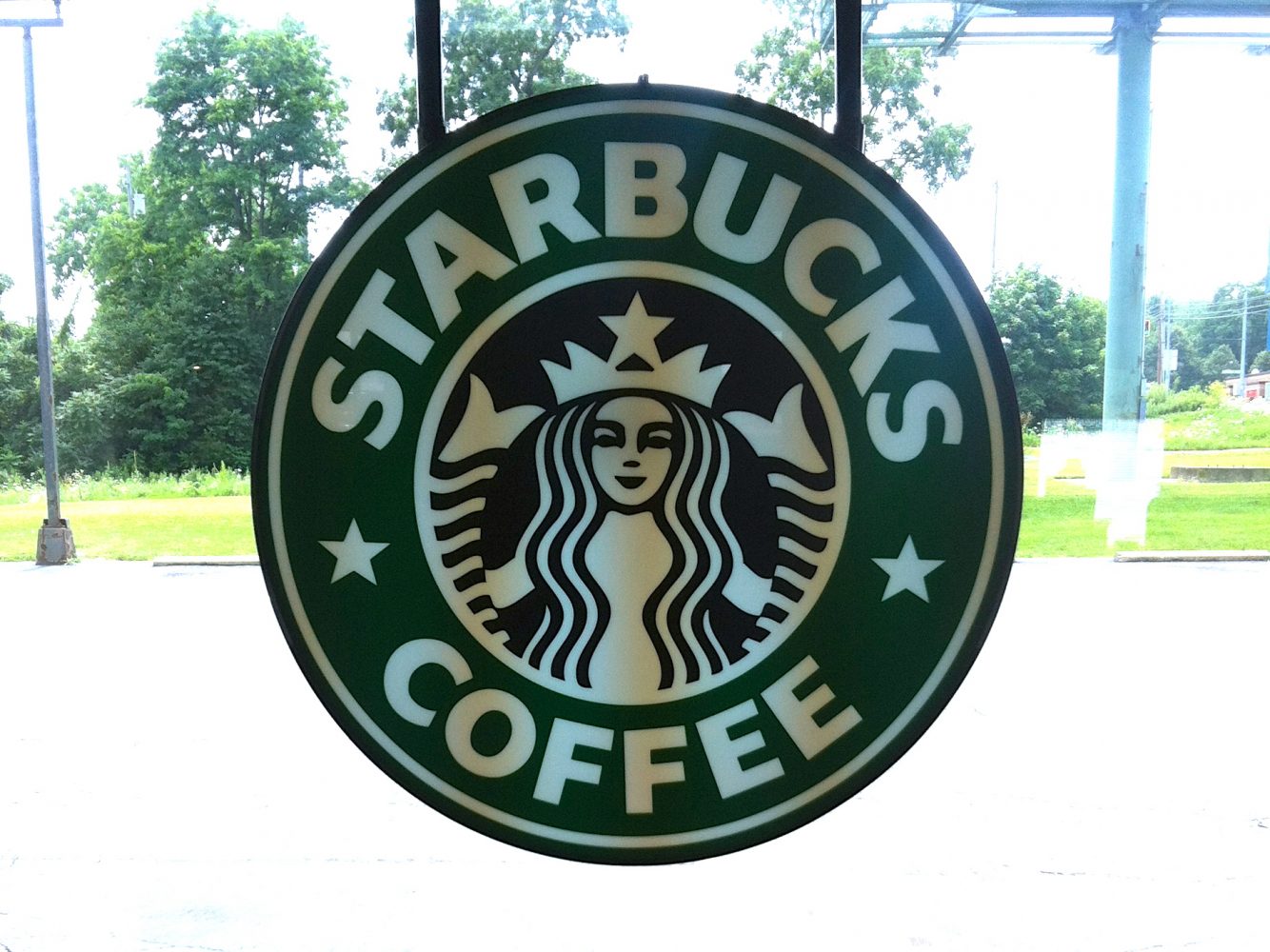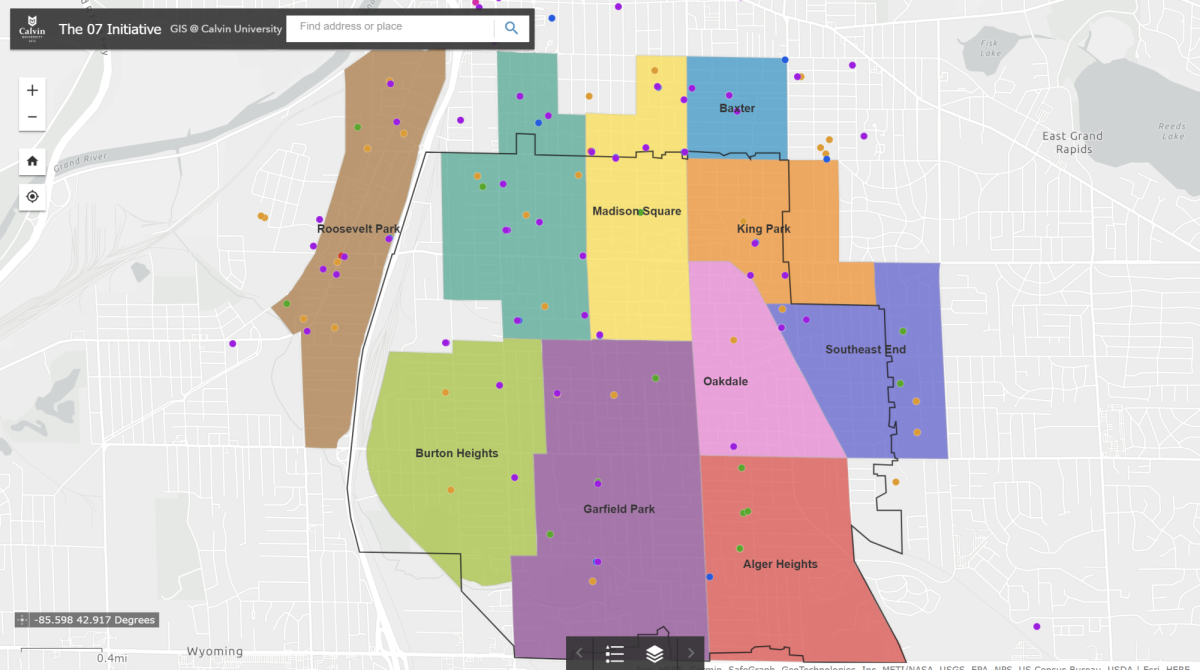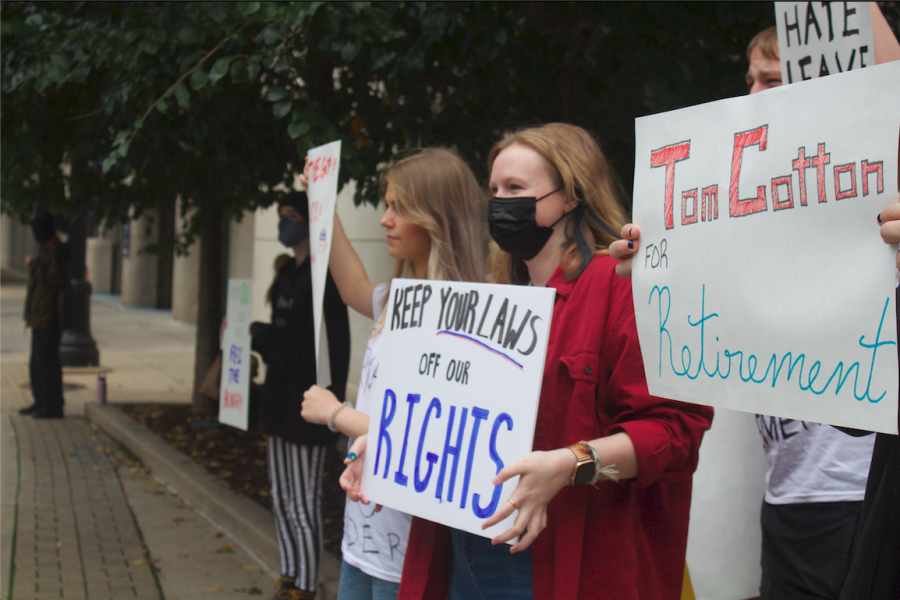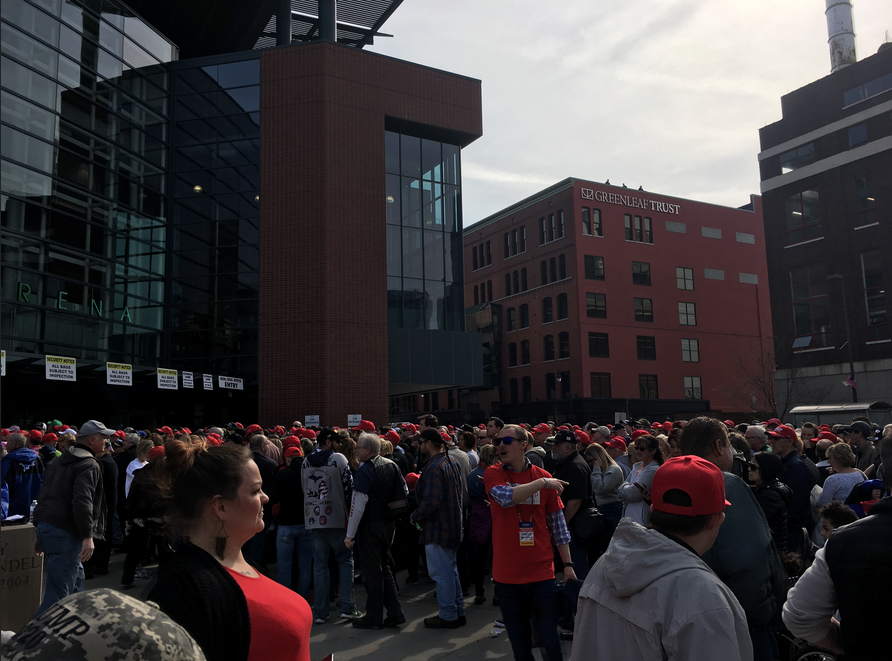It looks like the sweet scent of brewing coffee will not be replacing the uninhabited gray apartments on Medical Mile.
Last week, the Grand Rapids Planning Commission ruled a drive-thru Starbucks does not belong on Medical Mile. The commission members met to consider several proposals on Oct. 12, including plans to build a Starbucks on a lot located at 421 Michigan St. NE. The lot is owned by Eric Wynsma, president of Terra Firma Development, a real estate company that focuses on buildings in West Michigan.
Wynsma bought the property before the recession hit the United States, and after a couple of years, the apartment buildings on the lot were in poor repair.
Wynsma feared the building was unsafe.
“I became wary of the structure,” Wynsma said. “I was concerned for the safety of the occupants.”
When the leases expired, he did not renew them and even asked the judge for an eviction order to get rid of the residents who refused to leave. But although the occupants have left, the building still has a problem with frequent squatters. This month, the squatters included unconscious drug users who were removed by police and an ambulance, Wynsma said.
The old apartments have been trespassed upon many times since its been vacated in 2011 and Wynsma wants the building gone as soon as possible.
“I was hoping to have demolished these buildings as part of a redevelopment plan — a new store for Starbucks in this case — but the city planners have rejected my request on the notion that ‘this is not what we want to see here,’” Wynsma said.
The commission’s vote was unanimous and Wynsma did not receive the necessary permit to begin the building process.
Joshua Leffingwell, the founder of Salon, a local urbanist advocacy group, explained why the Starbucks was not right for the area.
“It was less that it was a Starbucks, and more the structure that would have been built to house the Starbucks,” Leffingwell said.
A drive-thru Starbucks has a very specific layout and structure. Once Starbucks is done using the building, not many restaurants or business can utilize the space.
According to Leffingwell, the city of Grand Rapids has envisioned a plan for Michigan Street that has had years of community input. The plan is to make the street as walkable as possible. This includes new buildings having at least three stories, which would allow the city to utilize the space effectively.
Grand Rapids’ plans have really stressed walkability.
“Walkability means more than a walk-up window,” Leffingwell said. “Walkability means a building that fronts the street and has proper context to the block and has a permeable front, a place to be able to see in or walk in. This building offered neither density nor walkability.”
Wynsma’s proposal was not turned down because it was a Starbucks, but because it did not meet the community’s vision of a dense and walkable Michigan Street.
Leffingwell says he does not expect Wynsma to understand good urbanism.
“That is up to the planning commission,” Leffingwell said. “The planning commission did their job, turned this poor urban plan down and we move on.”
Next to the lot is a drive-thru McDonalds, which does not meet the community’s vision.
“They envision a multi-story mixed-use development on the site,” Wynsma said, “despite the fact it is only 0.24 acres and is wedged between a McDonalds, an electric substation and a road that dead-ends at the highway and serves no other businesses.”
Wynsma spent two years trying to get Starbucks to agree to build a store on his lot and with the pressing issue of drug-using squatters he is disappointed the plan was not approved.
“Any time someone wants to install a drive-thru lane,” Wynsma said, “it automatically requires the blessing of our city planners. It’s frustrating that they’ve chosen to exercise an entirely new and different set of rules here, starting with me as the example.”









